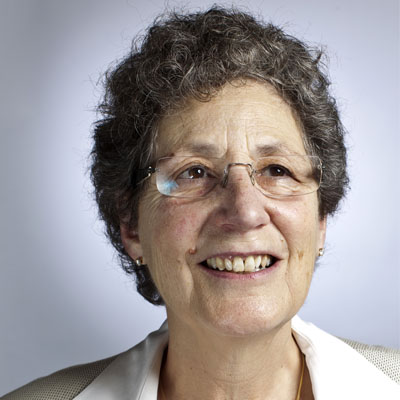 By Dr. Marcy Adelman–
By Dr. Marcy Adelman–
After many years of neglect, San Francisco appears to finally be on the path to a successful response to the city’s homeless situation and the affordable housing crisis. The city’s new mayor, London Breed, hadn’t been in office very long before she put city-funded homeless programs on notice that they must do a better job and announced the creation of a transition policy team to advise and make policy recommendations.
On July 14, the Mayor held a 2-hour policy summit with members of her transition team. Housing and homeless issues and recommendations were center stage. Breed and her team bring new hope that this time the city might succeed in transferring people off of the streets and into supportive housing, and in finding ways to build thousands and thousands of much needed affordable housing units for people of all incomes.
My hope and, I think, the hope of all San Franciscans is that the Mayor succeeds. The Mayor and her team will be considering different ways to finance the building of so many affordable housing units and identifying ways to reduce barriers to development. My concern is that in the rush to build desperately needed housing, quality of life issues will be overlooked or disregarded as just another barrier to development. There needs to be a master plan with guiding principles and values. I propose that a guiding principle be to create a city for all ages and all abilities.
Today, one in four residents is either age 60 or over and/or a person living with a disability. San Francisco county has the state’s third largest concentration of people over the age of 65 and one of the most racially and ethnically diverse older adult and senior populations in the country. San Francisco’s diverse aging population also includes 25,000 LGBTQ older adults. Older adults are the fasting growing age group in San Francisco. If we build and revitalize our city through an age and disability friendly lens, everyone will benefit. As San Francisco’s aging population increases over the next two decades, we could take comfort in knowing that we have built a livable city for generations to come.
An age and disability friendly city concentrates housing around transit corridors; builds housing affordable and accessible for people of all incomes, all ages and abilities; adjusts the flow of traffic to allow old people, people with disabilities and parents with strollers more time to cross the street; has streets that are well lit, safe, clean and pedestrian friendly; has parks and open space where a parent or grandparent can sit and watch their children play; has neighborhood grocery stores that sell fresh food and produce; has public buildings and venues that recognize the needs of older adults and people with disabilities; provides transportation that is available, dependable and affordable; has adult education that delivers what people need and want; provides affordable and accessible health services; and invests in community programs that empower San Francisco residents to stay healthy, active and engaged and able to live in their homes and community no matter their age or income.
An age and disability friendly city values the lives and contributions of its older residents and people with disabilities, identifies and challenges ageism and ableism, addresses health and economic disparities, advances economic security for older adults and people with disabilities, and encourages and facilitates inter-generational social experiences and work place environments.
San Francisco has been a member of the World Health Organization’s Aging and Disability project since 2014. City members work to “incorporate an age and disability friendly lens to all SF policies, programs and priorities.” A city task force was formed and reported recommendations in 2017 (http://www.ltcccsf.org/age-disability-friendly-task-force) that are a blueprint for making San Francisco an age and disability friendly city. We need to think about building communities and neighborhoods, and not just housing.
What a great opportunity to build affordable communities, revitalize neighborhoods to include needed services, businesses and transportation, and to create innovative housing environments that enhance and enrich all of our lives. If we build with older adults and people with disabilities in mind, we can build a city that we can all be proud of.
Dr. Marcy Adelman is the Co-founder of Openhouse, a Commissioner on the California Commission on Aging, a member of the San Francisco Dignity Fund Oversight and Advisory Committee, and a leading expert on LGBTQ dementia care and policy issues.
Recent Comments